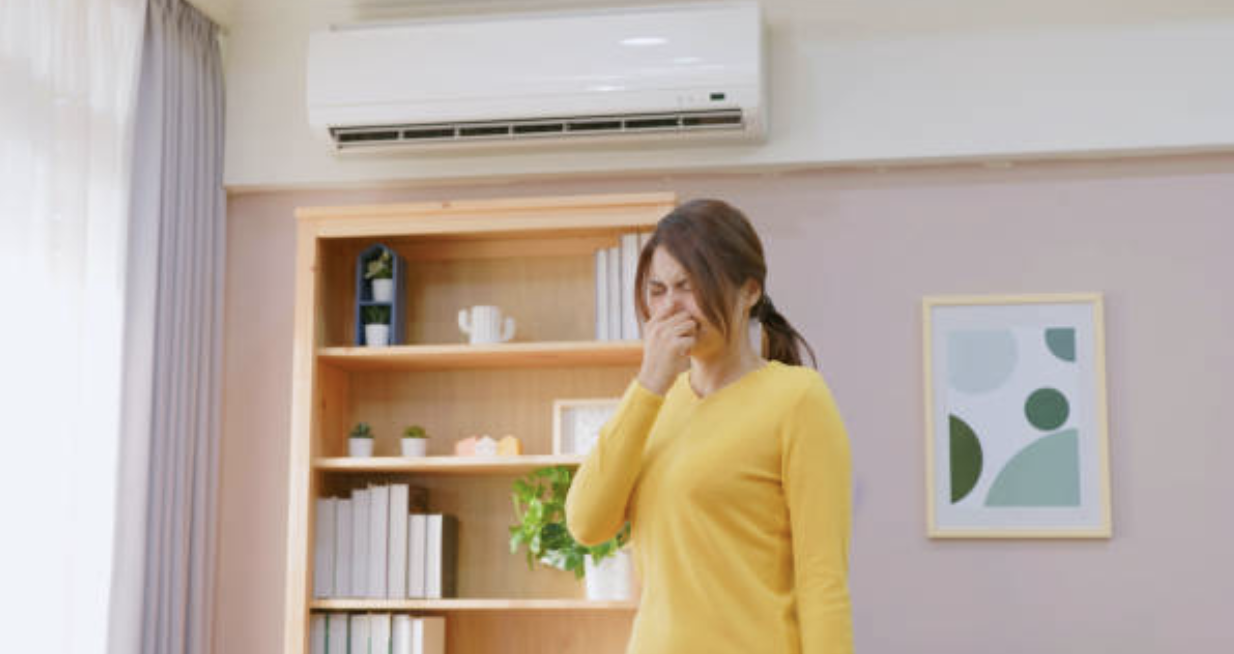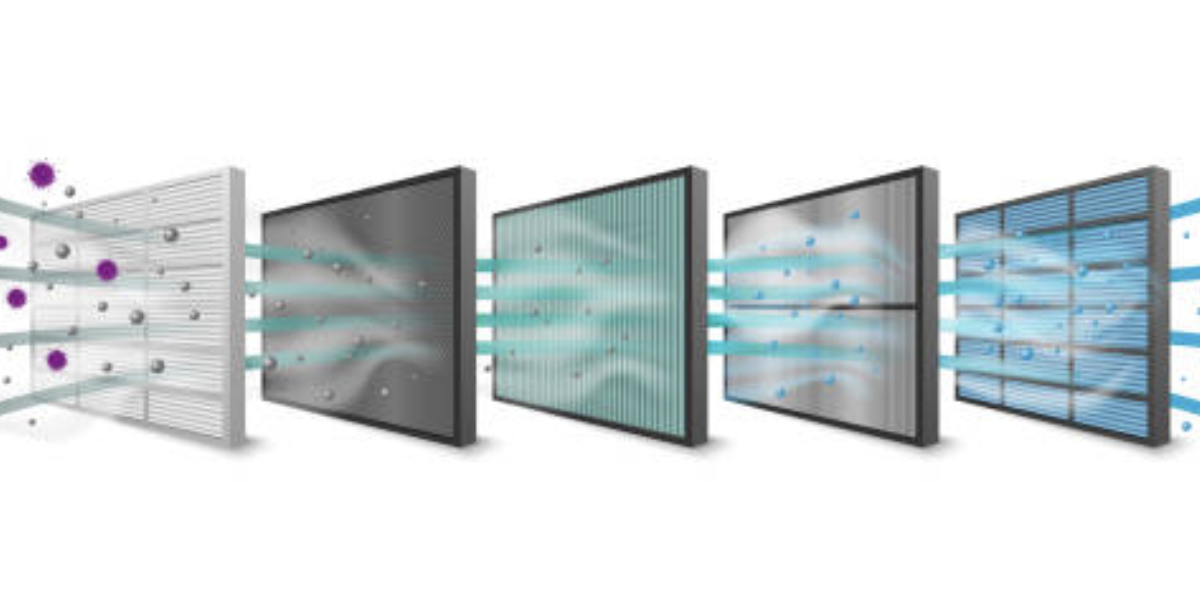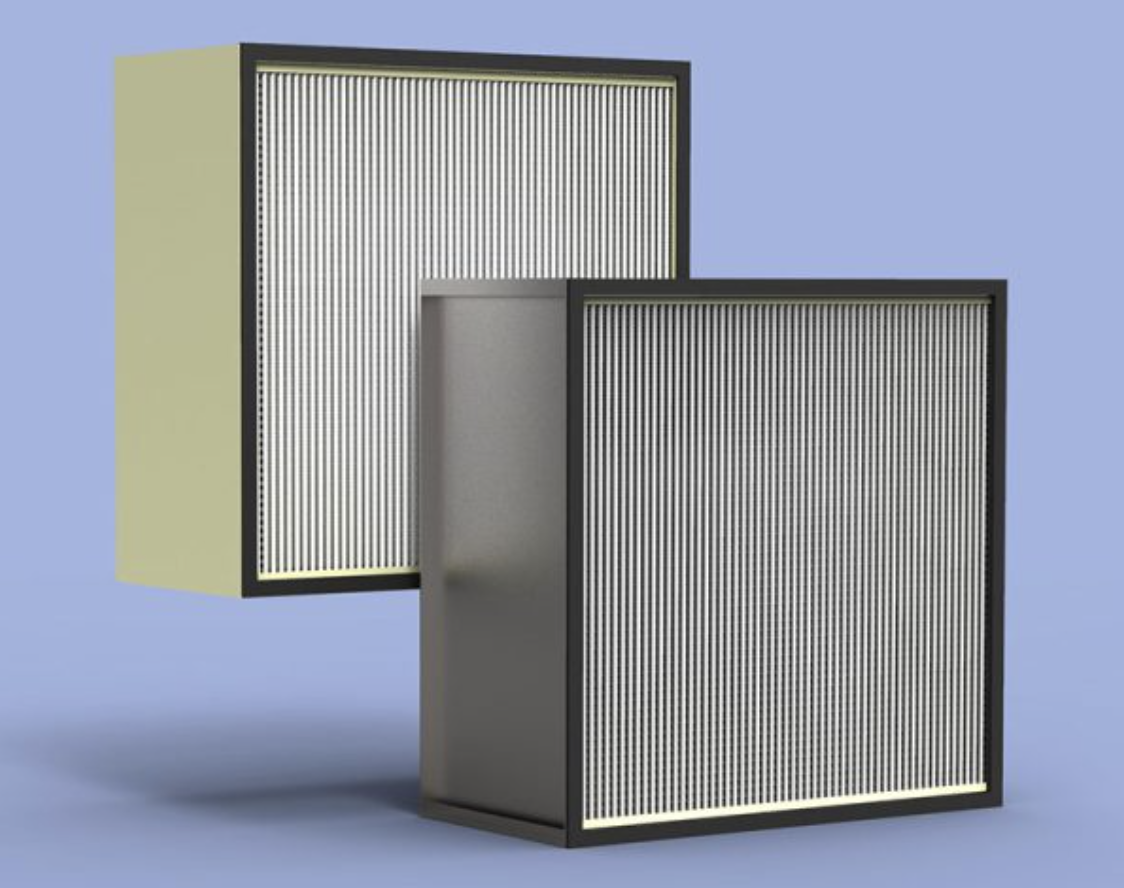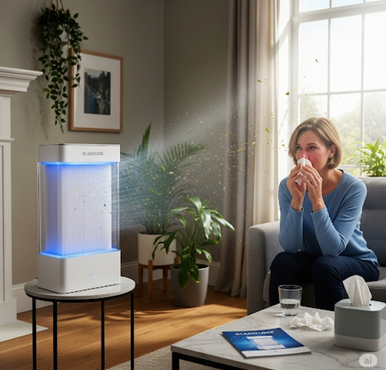Posted by Spycor LLC on Jul 31st 2025

If you’re an allergy sufferer, you know how frustrating it can be to deal with sneezing, itchy eyes, or a runny nose triggered by dust, pollen, or pet dander. Creating a cleaner, allergen-free home environment is a top priority for many. But do HEPA filters really remove allergens effectively? In this article, we’ll explore how HEPA filters work, their effectiveness against allergens, and why they’re a must-have for allergy relief. Plus, we’ll guide you toward choosing the best HEPA filter for your home from Spycor’s HEPA filter collection.
What Are HEPA Filters and How Do They Work?
HEPA stands for High-Efficiency Particulate Air, and these filters are designed to trap tiny particles that other filters might miss. To qualify as a true HEPA filter, it must capture at least 99.97% of particles as small as 0.3 microns. These include common allergens like:
- Pollen: A leading cause of seasonal allergies.
- Dust mites: Tiny creatures that thrive in household dust.
- Pet dander: Skin flakes from cats, dogs, and other pets.
- Mold spores: A trigger for respiratory issues.
HEPA filters work by forcing air through a dense mesh of fibers, trapping particles through interception, impaction, and diffusion. This makes them highly effective for improving indoor air quality, especially for allergy sufferers.

Do HEPA Filters Remove Allergens Effectively?
Yes, HEPA filters are one of the most effective tools for removing allergens from the air. Studies show they significantly reduce airborne allergens, leading to fewer allergy symptoms. For example, a 2018 study in the Journal of Allergy and Clinical Immunology found that HEPA air purifiers reduced pet dander and dust mite allergens by up to 55% in homes.
However, not all HEPA filters are created equal. To maximize allergen removal:
- Choose a filter with a true HEPA rating, not a “HEPA-type” or “HEPA-like” filter, which may be less effective.
- Pair your HEPA filter with an air purifier designed for your room size to ensure optimal air circulation.
- Replace filters regularly (every 6–12 months) to maintain performance.
At Spycor, our HEPA filters meet stringent standards, ensuring you get the best protection against allergens.
Benefits of HEPA Filters for Allergy Sufferers
Using HEPA filters in your home offers several benefits, especially if you or your family members have allergies:
- Reduces Allergy Symptoms: By removing allergens like pollen, dust, and pet dander, HEPA filters can alleviate sneezing, coughing, and itchy eyes.
- Improves Sleep Quality: Cleaner air means fewer nighttime allergy flare-ups, helping you sleep better.
- Safe and Chemical-Free: Unlike some air fresheners, HEPA filters don’t rely on chemicals, making them safe for kids and pets.
- Year-Round Relief: Whether it’s spring pollen or winter dust, HEPA filters provide consistent allergen control.
How to Choose the Best HEPA Filter for Your Home
Selecting the right HEPA filter depends on your needs. Here are some tips:
- Room Size: Check the filter’s Clean Air Delivery Rate (CADR) to ensure it matches your room’s square footage.
- Filter Lifespan: Look for filters with a longer lifespan to save on replacements.
- Additional Features: Some HEPA filters come with activated carbon layers to remove odors or UV-C lights to kill germs.
- Portability: If you need flexibility, consider a compact air purifier you can move between rooms.
Explore Spycor’s range of HEPA filters to find the perfect fit for your home.
CLICK HERE to choose the best HEPA filter based on your needs!
Common Misconceptions About HEPA Filters
- “HEPA Filters Remove Odors”: While HEPA filters excel at trapping allergens, they don’t remove gaseous odors. For odors, look for a filter with an activated carbon layer.
- “All Air Purifiers Are the Same”: Only true HEPA filters meet the 99.97% standard. Always check the specifications.
- “HEPA Filters Last Forever”: Filters need regular replacement to stay effective.
Tips for Maximizing HEPA Filter Performance
- Run Your Air Purifier 24/7: Continuous operation ensures consistent allergen removal.
- Keep Windows Closed: Prevent new allergens from entering your home.
- Vacuum Regularly: Use a vacuum with a HEPA filter to reduce dust and dander on surfaces.
- Monitor Air Quality: Some air purifiers have sensors to adjust filtration based on allergen levels.
Why Choose Spycor’s HEPA Filters?
At Spycor.com, we offer high-quality HEPA filters designed to deliver clean, allergen-free air. Our products are rigorously tested to meet true HEPA standards, ensuring maximum effectiveness. Whether you’re battling pet dander, pollen, or dust mites, we have a solution for you.

FAQ: Top Questions About HEPA Filters and Allergens
1. Can HEPA filters remove pet dander?
Yes, HEPA filters are highly effective at capturing pet dander, which is a common allergen. Regular use can reduce pet-related allergy symptoms.
2. Do HEPA filters help with pollen allergies?
Absolutely. HEPA filters trap pollen particles, making them ideal for seasonal allergy sufferers, especially during spring and fall.
3. How often should I replace my HEPA filter?
Most HEPA filters last 6–12 months, depending on usage and air quality. Check your product manual for specific recommendations.
4. Are HEPA filters safe for asthma patients?
Yes, HEPA filters can reduce asthma triggers like dust mites and mold spores, improving air quality for asthma sufferers.
5. Can HEPA filters remove viruses?
While HEPA filters can capture some viruses attached to larger particles, they’re not designed to eliminate viruses entirely. For added protection, consider a purifier with UV-C technology.



